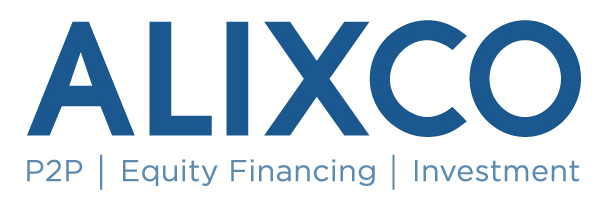8 Reasons Why Your P2P Application was Rejected
Most often you have no clue why your business financing's application was rejected. Here, we share in detail the most popular reasons why your p2p application was rejected.
REASON 1: Complex Structured Company
Under sec. 14.20 in P2P Recognized Market Operator’s guidelines clearly stated the following company structure are NOT allowed to raise funds through P2P platforms in Malaysia:
- Commercially or financially complex structures (i.e., investment fund companies or financial institutions);
- Public-listed companies and their subsidiaries;
- Companies with no specific business plan or its business plan are to merge, acquire an unidentified entity (i.e., blind pool);
- Companies that propose to use the funds raised to provide loans or make in other entities;
- Any other type of entity that the SC specifies.
Example: Big company Berhad (unlisted) has five sister companies; they pay and purchase each other and make significant revenue through the transaction. Some sister companies have no or less than three clients per month.
Example: Huge company Berhad listed on Bursa, mainboard; as an investment holding company in real estate investment-related business is not eligible to apply p2p.
REASON 2: Tampering Bank Statements
-Self, sister company or interest party to make up the monthly income with/or without withdrawal
Example: Company A’s director or sister company of Company A, bank in one or few times in a month of RM X amount of fund into the company. The X amount can be significant and in a frequent pattern.
REASON 3: Unjustified Bank In (by cash or cheque)
-Repetitive and frequent with a significant amount of cash or cheque bank-in that cannot be clarified.
Example: Company B has many cash or cheque banks that cannot justify the payer identity. Company B may be declared it as the business transaction nature. Cash business is getting lesser popular this day. Hence the company is advised to reduce in cash received in each transaction.
REASON 4: Less Frequency Bank In
-Less than 3-5 times of income bank-in per month, can be means of lesser no. of clients/customers, hence higher the risk of business
Company C has less than three clients, and one of them contributed more than 50% of the total monthly income. In this situation, the business is at higher risk unless it has a proven and long-term business relationship with its client.
REASON 5: Low Monthly Cash Retaining
New or slow-moving companies with average monthly revenue are lesser than RM30,000
- Company D has less than 20%-30% of its asking funding amount as the retaining cash by the end of the month. It is also generated lesser than RM30,000 per month (average in 3 months)
REASON 6: Low Credit Score
The company and its directors have lower than average credit scores, a high credit score, terrible credit repayment history, serious delinquent history, on-going legal suitcase, too frequent to apply new financing, etc.
- Company E scores 4 out of 10 in Experian credit scores report, with trade bureau blocked by its supplier on the delinquent payment is likely to get rejected by P2P platform.
REASON 7: Special Case
Any particular attention account situation or ongoing legal suitcase will put the company in a challenging position to conduct business activities or badly affect the credit score.
Example: Company F has three bounced cheques within a month or undergo liquidation of collateral to clear its delinquent repayment has flagged as particular attention account by Bank M, so will not be eligible for P2P.
REASON 8: Lack of personal guarantor
Most of the P2P financing needed a minimum of two personal guarantors; in the case the company fail to repay, or any one of the personal guarantors is unable to repay, the remained repayment will fall on the guarantor’s liabilities. However, some of the sole proprietors cannot provide another business-related personal guarantor (i.e., not social guarantor), which would hinder the p2p application.
Example: Ms G founded and ran a beauty salon by herself. She has no business partner or sibling; her parent is over 70 with no income. Although her business is doing well and meets most of the criteria of the p2p application, she might fail in the end due to no ability to provide another personal guarantor.





